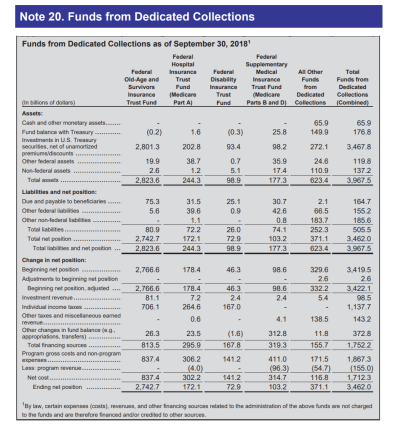If you are really a GenX guy, when Congress changed the FRA in 1983, you were between 4 and 18 years old (Gex X is born between 1965-1979).... so how old were you when you "woke up one day and found out that I have to work two years longer to get FTA (sic) SS benefits"?
Many demographers start the GenX generation at early at 1960.
https://en.wikipedia.org/wiki/Generation_X
Here are some excerpts:
Jon Miller at the Longitudinal Study of American Youth at the University of Michigan wrote that "Generation X refers to adults born between 1961 and 1981" and it "includes 84 million people".
In their 1991 book "Generations" authors and demographers used 1961 to 1981 for Gen X birth years. At the time it was published they wrote that there are approximately 88.5 million U.S. Gen Xers.
Demographers William Strauss and Neil Howe rejected the frequently used 1964 end date of the baby boomer cohort (which results in a 1965 start year for Generation X), saying that a majority of those born between 1961 and 1964 do not self-identify as boomers, and that they are culturally distinct from boomers in terms of shared historical experiences. Howe says that while many demographers use 1965 as a start date for Generation X, this is a statement about fertility in the population (birth rates which began declining in 1957, declined more sharply following 1964) and fails to take into consideration the shared history and cultural identity of the individuals. Strauss and Howe define Generation X as those born between 1961 and 1981
Others use dates similar to Strauss and Howe's such as the National Science Foundation's Generation X Report, a quarterly research report from The Longitudinal Study of American Youth, which defines Generation X as those born between 1961 and 1981. Generation X, a six-part 2016 documentary series produced by National Geographic also uses a 1961–1981 birth year range. PricewaterhouseCoopers, a multinational professional services network headquartered in London, describes Generation X employees as those born from the early 1960s to the early 1980s.
Author Jeff Gordinier, in his 2008 book X Saves the World, defines Generation X as those born roughly between 1961 and 1977 but possibly as late as 1980. Canadian author and professor David Foot divides the post-boomer generation into two groups: Generation X, born between 1960 and 1966; and the "Bust Generation", born between 1967 and 1979, In his book Boom Bust & Echo: How to Profit from the Coming Demographic Shift. On the American television program Survivor, for their 33rd season, subtitled Millennials vs. Gen X, the "Gen X tribe" consisted of individuals born between 1963 and 1982.
I'm at the older end of GenX, and I was most certainly aware of the increase at the time, and it's been brought up many times since. Not sure why I need to explain this. I worked with a guy who was about 10 years older, and his FRA had been increased some as well (a smaller amount than for me), and he had been working for about 10 years at the time that occurred. It wasn't just GenX that saw the increase.
ETA: Also, the reason for the change in FRAs were not to reduce benefts, but more to adjust benefits for improved longevity since the age 65 FRA was set and more current recipients longer lives would result in them receiving benefits for longer. See post #92.
I disagreed with your post. Feel free not to respond to my posts if you are going to be snarky. These threads might not get shutdown as quickly.


